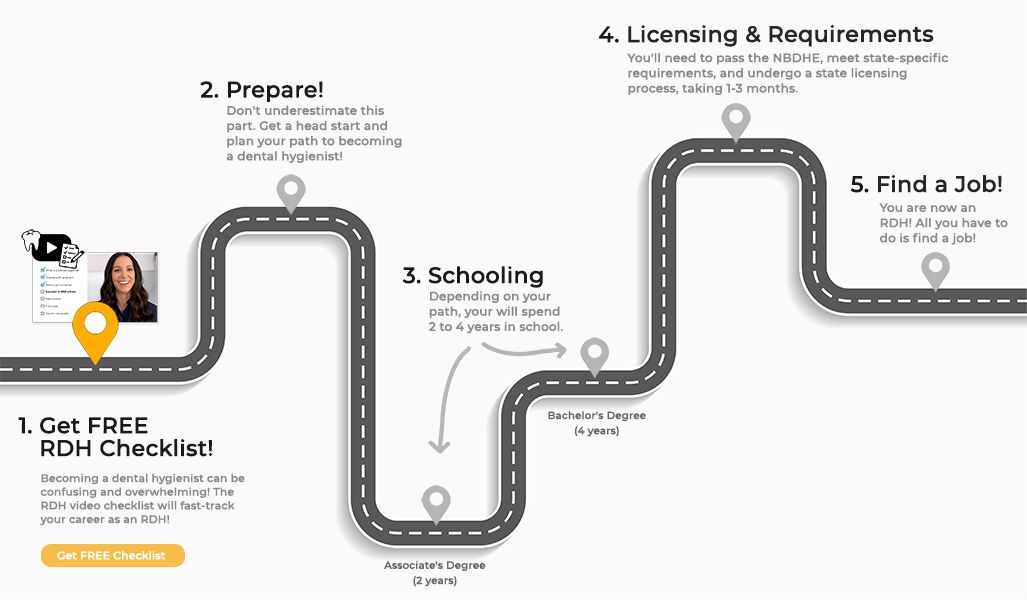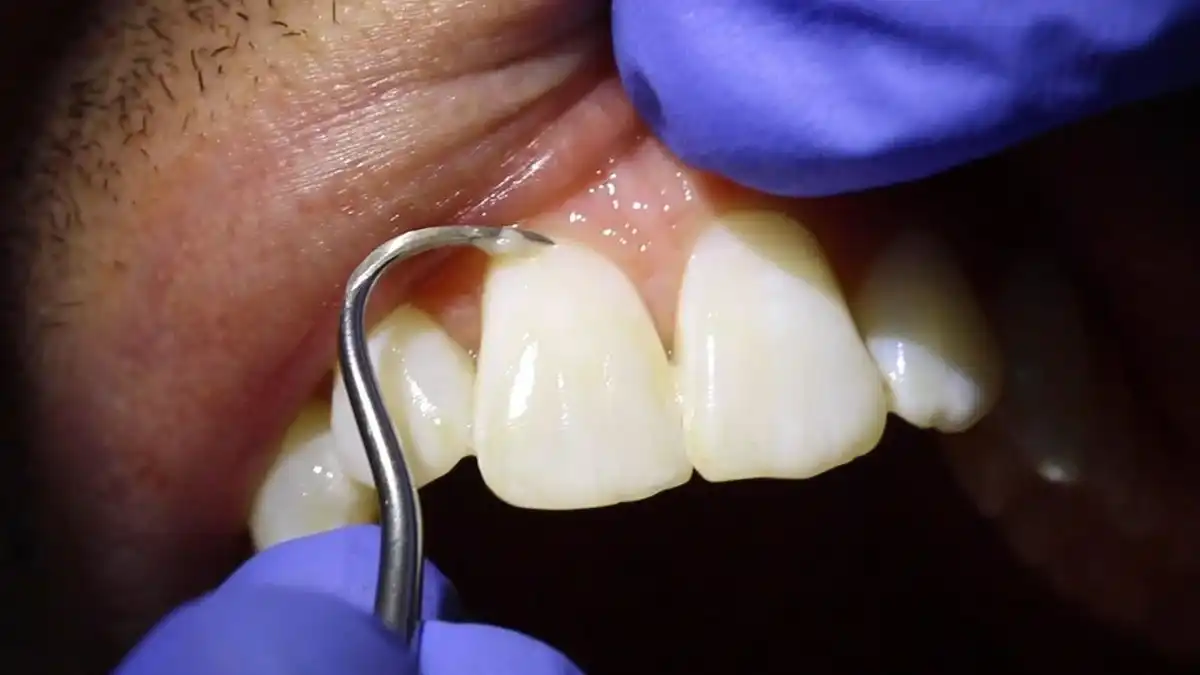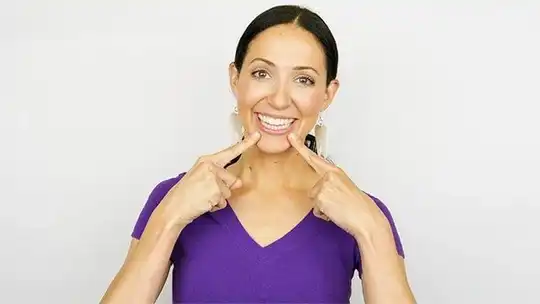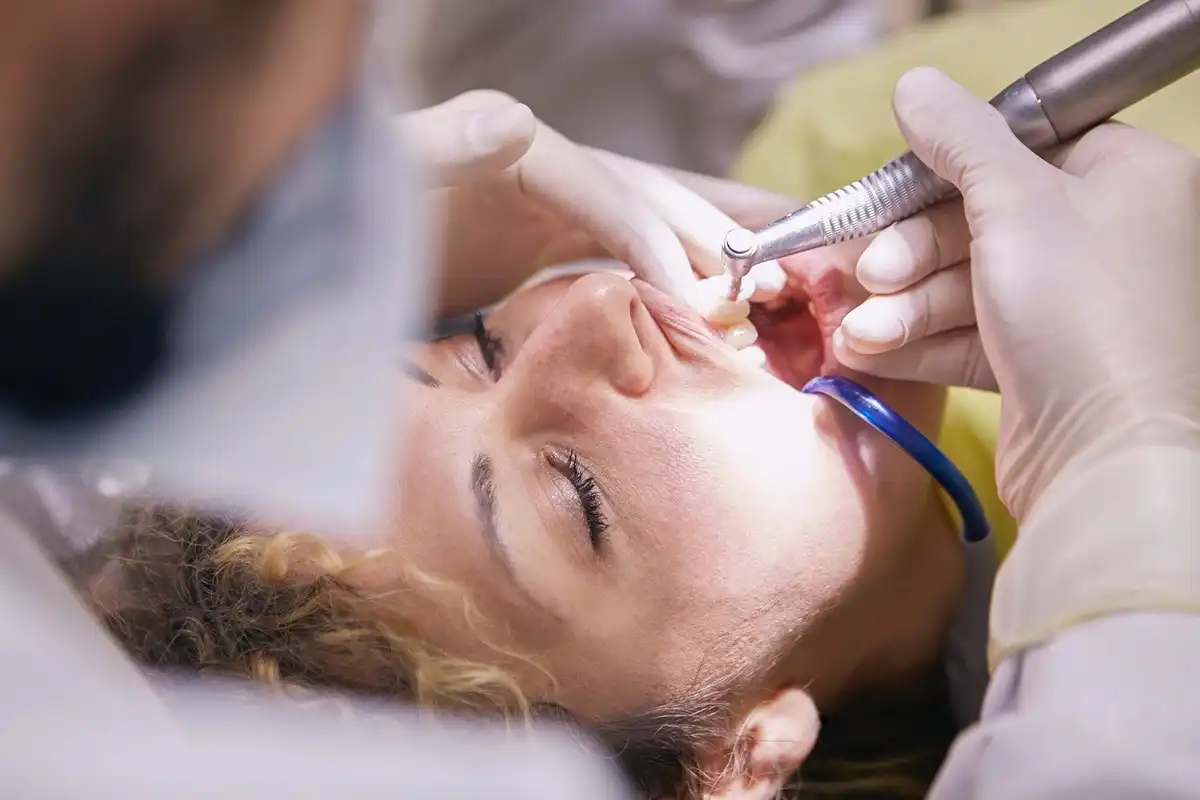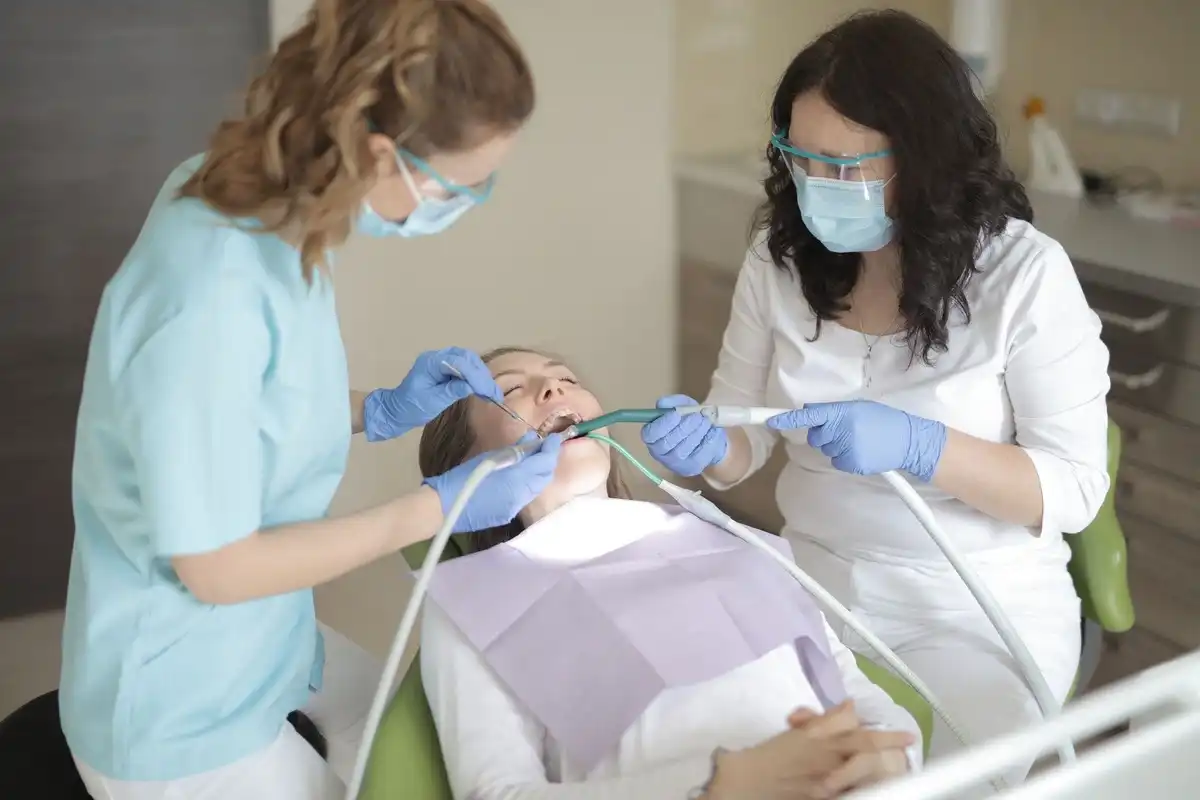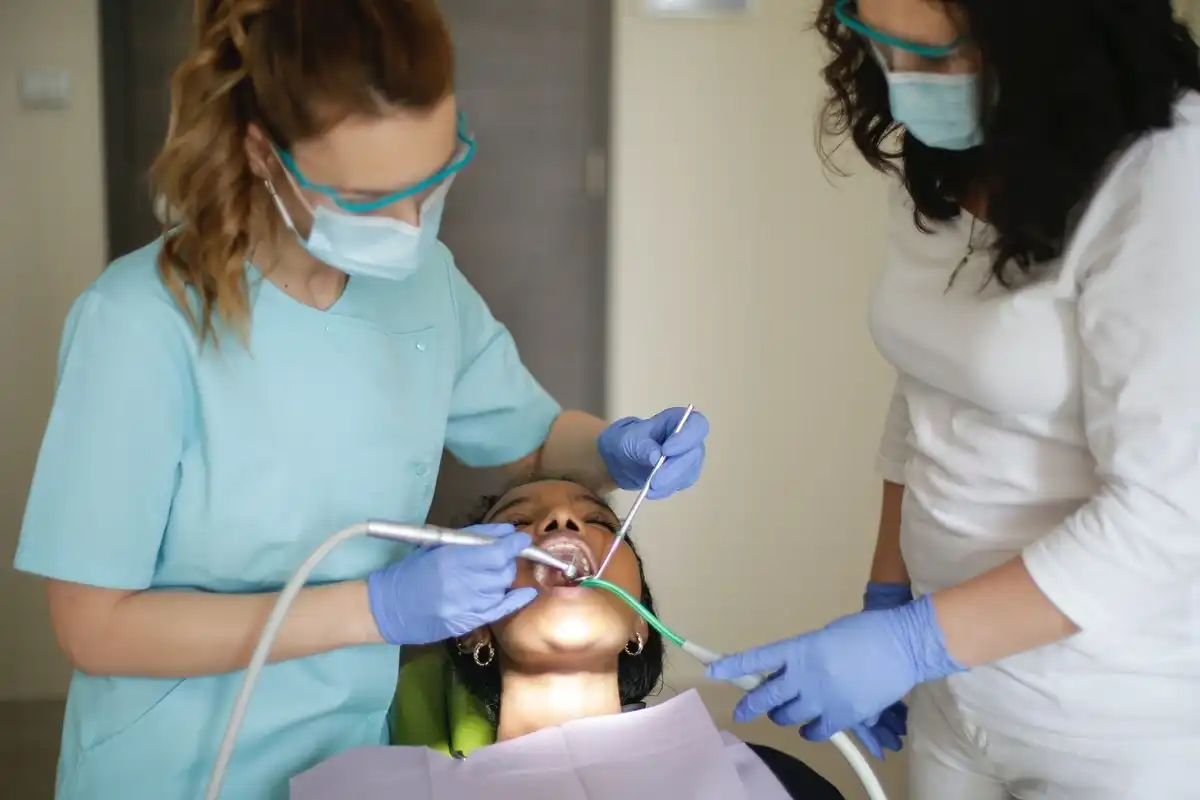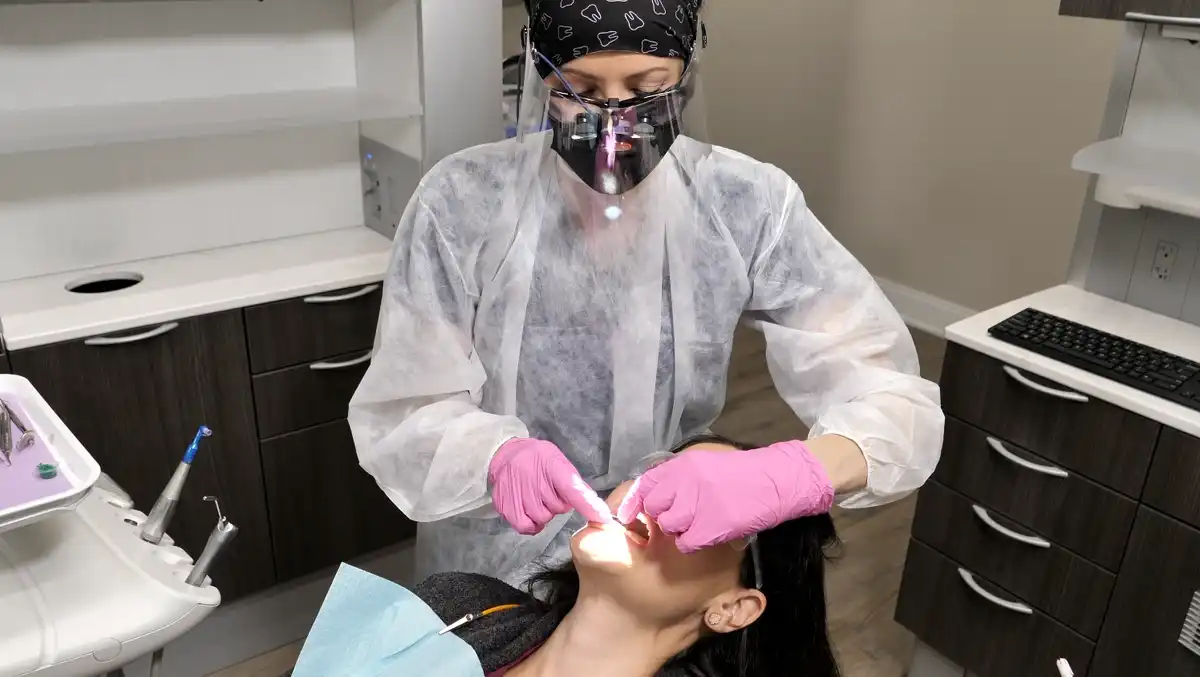How Long Does It Take To Become a Dental Hygienist? | RDH Timline

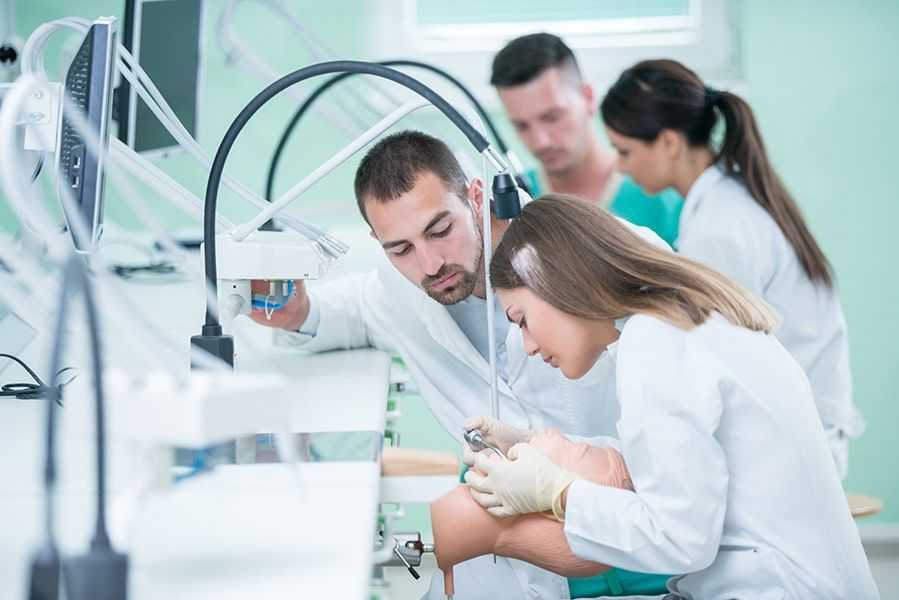
So, you’ve pretty much decided dental hygiene is the job for you. But now you want to know what exactly the path to get there actually looks like… What can you expect on your journey to becoming a Registered Dental Hygienist (RDH) and how can you prepare? Well, I got you covered; speaking from personal experience, I can give you the ins and outs of what the path to your dental hygiene dreams will be like. The better you plan ahead, the more ready you’ll be!
What Do Dental Hygienists Do?
Dental hygienists are licensed oral healthcare professionals. Also known as preventative specialists when it comes to all things oral hygiene. Dental hygienists often work in clinical settings such as private dental practices. Daily duties can include things like:
- Remove dental tartar, stain, and plaque from teeth
- Conduct oral health screenings for periodontal disease, oral cancer, and other conditions of the oral cavity as well as perform extraoral and intraoral exams
- Thoroughly review medical histories noting contraindications to treatments
- Taking and reviewing dental radiographs
- Provide oral hygiene instruction and patient education
- Administer dental anesthetic (state dependent)
- Perform sterilization duties
Timeline of Becoming a Licensed Dental Hygienist
Preparing for your dental hygiene education (High school).
Completing your high school education is the first step in your journey toward becoming a dental hygienist. You must complete your high school education (high school diploma) in order to start college-level courses. If possible, try to join health science study clubs or take dual-credit sciences, such as chemistry, Anatomy & Physiology, or microbiology to get a head start.
Download my Free RDH Video Checklist!
1. Enrollment in an accredited dental hygiene program.
Once you’ve completed your high school education you can apply to college! It is important to remember you will often have to take 1-2 years of prerequisite courses before you start clinical hygiene courses. These classes usually consist of a lot of science coursework, but some may vary from one program to the next. How long does it take to become a dental hygienist? A lot of it depends on how long it takes for you to complete your prerequisite coursework, because the actual hygiene programs are all about two years long. All dental hygiene programs in the United States must be accredited, meaning they are officially recognized by the Commission on Dental Accreditation also known as CODA.
2. Duration and structure of dental hygiene degree programs.
Typically, dental hygiene degrees can be granted through an Associate of Applied Science in dental hygiene OR a Bachelor of Science in dental hygiene.
- Associate's degree in dental hygiene = 2 years
- Bachelor's degree in dental hygiene = 4 years
All dental hygienist program paths will include a combination of pre-requisite courses, clinical courses including practicing clinical skills on patients, and dental lecture courses that are part of your dental hygiene education over a 2-4 year period.
Completion Of Dental Hygiene Program (2-4 Years)
1. Core courses and practical training.
Many of your dental hygiene courses will start off a bit more basic before you get to the heavier subjects. Core courses will include classes like English, speech, psychology, sociology and many basic science courses like chemistry, biology, anatomy, and chemistry.
With core courses, you will also be introduced to hands-on dental skills at the most basic level. Things like how to hold dental instruments and how to properly take an X-ray are typically started at this stage in your education.
2. Clinical experiences and internships.
So, what does clinical experience look like? Once you have the foundations down you will start to put this to the test by working on fellow students and eventually patients that will come through the school’s clinic! It’s totally normal to feel super nervous but don’t worry, your professors will be with you every step of the way! Often once you have built some confidence with real patients, schools may even send you on internship rotations to see what it’s like working as an RDH in the real world!
3. Emphasis on dental sciences, patient care, and preventive dentistry.
Now we really start getting into the heavier material. Think dental pathology, dental anatomy, periodontology, dental histology, and even pharmacology! Dental hygiene programs are heavy on the science courses to ensure you have a comprehensive understanding of oral health. I like to think of dental hygiene as the equivalent of nursing, with most of our focus on the mouth. By this time in your journey, you will be focusing on patient care multiple times a week in the dental hygiene clinic and will also begin learning how to perfect your patient education and oral hygiene instructions.
Pass Licensing & State Requirements
1. National Board Dental Hygiene Examination (NBDHE)
The Dental Hygiene National Board is probably the most anticipated part of becoming a licensed dental hygienist. This national exam is a requirement in becoming licensed, regardless of what state you live in. According to the board examiners, the test is meant to “assess the ability to understand important information from basic biomedical, dental and dental hygiene sciences, and the ability to apply such information in a problem-solving context.” This exam can be intimidating, with 350 questions pertaining to the entirety of your dental hygiene education that you are given 9 hours to complete with an optional lunch hour. Many students finish in less than the 9-hour time slot. You’ll usually take it sometime during your last semester of dental hygiene school.
2. State-specific licensing requirements and applications.
You aren’t quite off the hook just yet! There are still some state-specific boards you will have to take. The state board exam will require a hands-on practical to test your clinical skills and ability to assess and treat patients competently. Typically, this exam requires students to identify a patient they will use for the exam. However, new COVID protocols have changed the exam eligibility to mannequins in some states. Always check with your state guidelines and college to ensure you know what to expect for this exam. Many states also allow the administration of dental local anesthetics that requires a board exam for a separate anesthesia license as well.
3. Additional certifications for specialization.
While many states have additional certifications needed to apply for licensure like CPR and basic life support (BLS,) newer certifications are becoming available as the scope of dental hygiene practice changes. Public health dental hygiene, holistic dental hygiene and others are gaining popularity and are often a great way to add on to your clinical skills. Check your state guidelines for more information regarding other specializations.
4. State licensing process (varies by state, approximately 1-3 months).
Now comes the waiting period, once you pass your board exams and apply for your state license it typically takes 1-3 months to make it official. In my experience, it only took one month but every state is different! You can check the status of your licensure on your state dental board’s website and will typically receive a copy of your state license in the mail.
Finding a Job
You can start looking for a job before you get your official license as long as you inform potential employers you are waiting and cannot start practicing until this official paperwork is in hand. Potential employers are usually very understanding of this process and will not mind if you are waiting and can even bring you into the office to start the onboarding process. Sometimes this gives you time to job shadow or assist a licensed dental hygienist while you wait for your license to officially come in the mail. It's also a good idea to think about the type of work environment you want, whether it's in corporate or private dental offices. Also, if you want to become a pediatric dental hygienist or wish to work with kids, consider job shadowing first to determine if it's a field you'll enjoy.
Finding a dental hygiene job can take anywhere from 2-12 weeks. Check my job board for the latest dental hygiene jobs.
Career Growth
Every RDH will need to keep up with additional certifications to stay licensed in their state. Many states require CPR, infection control training, HIPPA certifications and more to keep up with your license and renew it every year. Additional certifications are available in abundance, like public health dental hygiene, community health, holistic, biological and more!
Timeline Factors
1. Pathways to Becoming a Dental Hygienist
a. Traditional Pathway: Associate degree (2-3 years)
An Associate of Applied Science degree is often the fastest track to becoming a dental hygienist. It’s typically granted through a community college program. This is a great way to get an affordable accredited degree and save some time! Keep in mind community colleges often cannot grant a bachelor’s degree.
b. Advanced Pathway: Bachelor's degree or beyond (4 or more years)
If you are looking for the true college experience with a bit more credits under your belt, a bachelor’s degree is another great option for becoming a dental hygienist. This is typically granted through a traditional 4-year university.
c. Bridge Programs: For dental assistants or foreign-trained professionals (varies).
Some colleges and programs offer a bridge program to transition dental assistant trained students into dental hygiene programs. This means lessening your load of courses in hygiene school, as you likely have a few courses completed already!
NOTE: There are bridge programs available for dental hygienists looking to pursue a master's degree as well.
2. Program Structure And Requirements
All dental hygiene programs are unique; however, all will get you to the end goal of preparing for boards and excelling in the dental hygiene field.
3. Part-Time And Accelerated Program Options
Some schools offer faster-paced programs that often require heavier workload over a short amount of time. Such as taking summer courses or extra hours, shaving a few months off of the program overall.
4. Availability Of Clinical Training Opportunities
Clinical training is typically started at a slower pace to get students comfortable, but the pace does pick up quickly to ensure all clinical competencies can be completed in time.
5. Individual Pace Of Learning And Studying
We all learn in different ways. If you find yourself falling behind in dental hygiene school, speak up ASAP. The sooner you address it the sooner professors and tutors can help you out! Plan on spending a LOT of time studying, especially over your holiday break before your last semester.
6. Dental Hygienists are in Demand
According to the Bureau of Labor Statistics, most dental hygienists earn around $81,000 per year. There is also a shortage of dental hygienists, giving you significant negotiating power. The problem appears to be growing, and dental hygienist salaries and job demand are projected to rise. In the RDH Huddle, an exclusive RDH newsletter and community, there is a dedicated section for salary and resume sharing. This is super helpful because it helps you know exactly what to say and expect during interviews.
How Long Is Schooling For Dental Hygiene
How long does it take to become a dental hygienist? After high school, you can get your degree in dental hygiene anywhere between 2-4 years. Dental hygiene is demanding and a challenge, but if you are passionate and dedicated it can be a rewarding journey. If you are thinking of starting the process of becoming a dental hygienist, talking to your current RDH or others who have gone through hygiene school can be helpful. Also, talk to local hygiene programs, schools, and graduates for their input. Go shadow a dental hygienist; I guarantee they will love showing you the ropes!

Make your inbox smile!
Subscribe
